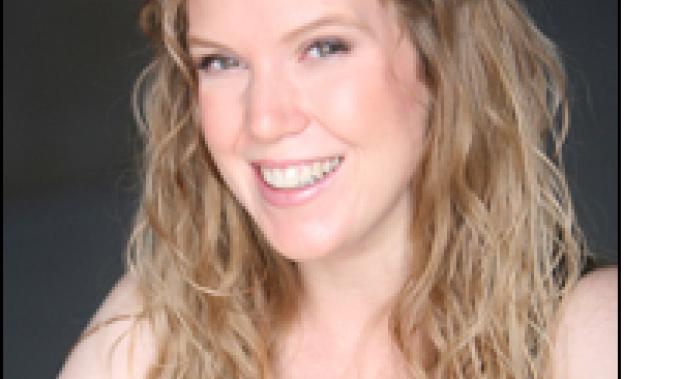Well, I know you're not doing it for the money, the fame, or for an easy ride. Treating eating disorders is tough, and I admire those who take this up as a profession SO MUCH.
Eating Disorder Recovery
Family-Based Maudsley Therapy Is Not a Do-It-Yourself Approach
There is a mistaken idea out there that Maudsley treatment for eating disorders is something parents can just decide to do without professional support. While I know families who do take on the re-feeding (weight restoration) responsibilities, I think it is important to keep in mind that this is only one part of the approach, and why it works well for so many families.
Recognizing When The Patient - Or the Team - Isn't In Control
Because I'm so big on getting parents to get engaged and be empowered to support an eating disorder patient to full recovery, it is hard to talk about the other side of this: letting go. But that is part of the picture, too.
"It's all about control."
Not really. In fact, eating disorders are better described as being controlled: by thoughts and compulsions that lose all relationship to reality. Eating disorders take control of the person and the family. But how does one take control away from the anorexia or bulimia or binge eating and get normal life back? First: figure out who is in charge.
There is a sad and self-fulfilling myth out there that you can't completely recover from an eating disorder. We have to fight this pessimism!
I complain a lot about the lack of common ground out there about eating disorders. There are theories posited in conversation and in the press and even in refereed professional journals giving definitive, yet unfounded theories on the causes of eating disorders. So, why the lack of common ground?
I don't think it is deliberate, or a hidden agenda, or anyone's greed or carelessness. I think it is JUST COMPLICATED.
Gotta dance? A quick video of my "tap room" and thoughts on "wanting vs. needing" to be active and how I am getting my groove back after dancing started losing the FUN.
Good Question...Complicated Answer
As a big fan of evidence-based treatment of illness, the first question I get is "what does that MEAN?"
"And" vs. "But" Important in Discussing Causes of Eating Disorders
Conversations about what causes eating disorders involve a lot of "and, and, and" and "but, but, but."
I think we'd all do better if we make a distinction when it comes to causes of eating disorders.
Have you ever said "I'm worried about you" to your child only to have them respond with seemingly irrational anger? It hurts. After all, we worry about our kids from the moment we anticipate their arrival. We start saying "be careful" the moment they take breath. But can we expect our worry to help them feel cared for instead of insulted, belittled, and flawed? Probably not.









